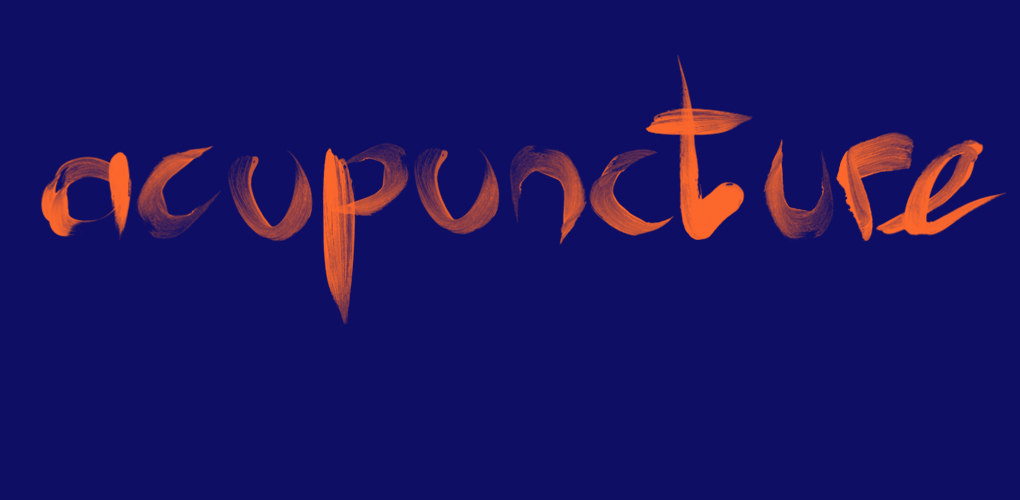
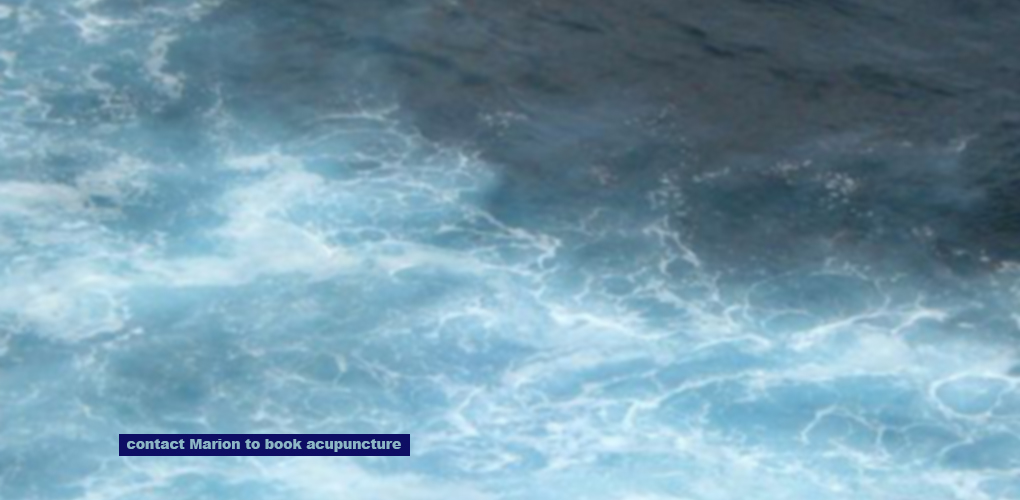
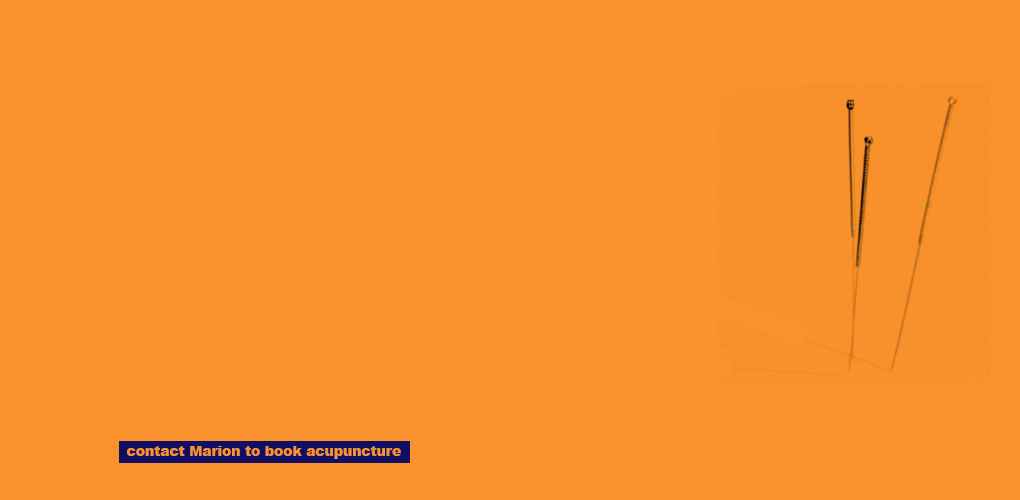
Acupuncture originated in China and has evolved into many styles, including Traditional Chinese medicine, 5 elements, Stems and Branches and Japanese acupuncture. Each has a different flavour and emphasis, however all use acupuncture needles inserted into the skin and muscles to facilitate healing.
You are like an orchestra with many different parts all interacting to maintain life. Sometimes a section becomes congested, over or under activated. The aim of the acupuncturist is to tap into your rhythm like a conductor and conduct points along channel in order to fine tune your system.
I was introduced to Chinese Medicine through my study of Shiatsu massage. I found the theory fascinating and wanted to understand it more deeply. This led me to enrol on the Traditional Chinese Medicine and Acupuncture degree course at Westminster University, London. After graduating with a BSc Hons in 2003 I travelled to China to observe and treat in a hospital in Chengdu.
Since then I have worked in the pioneering NHS Gateway clinic in South London for 10 years. The Gateway was the first NHS multi-bed acupuncture clinic in the UK set up by John Tindall. There I treated a wide range of conditions under the mentorship of senior practitioners including Nick Johnson. I also worked as the acupuncturist at The Crossing, a drug and alcohol service in East Finchley for 7 years.

We begin with you talking about your reason for coming. For example, if you have a physical pain I will look at your range of movement and feel around the area looking for tenderness before the acupuncture treatment. I can also incorporate massage techniques and we can look at specific exercises to improve your strength and mobility. Or if your reason for coming is related to stress and anxiety we can explore what triggers you and incorporate breathing and awareness techniques alongside your treatment. I offer various options for the structure of the session allowing you the opportunity to decide which feels best for you.
Common experiences people report during acupuncture treatments are a dull ache, tingling, temperature changes and relaxing. After the session you may feel sleepy, hungry or energised.
.

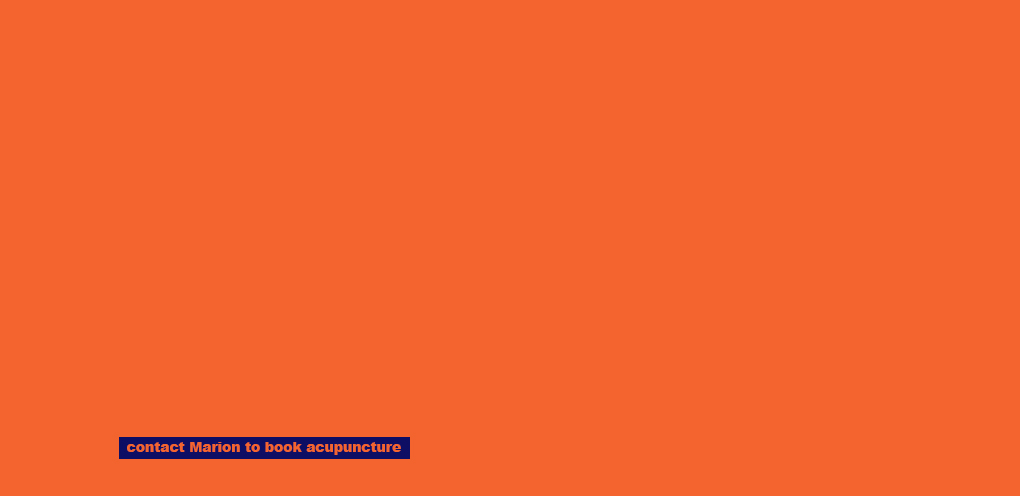
There is theory and potential for acupuncture treating nearly every named ailment. There is clinical evidence to prove the effectiveness of acupuncture treating some conditions, particularly migraine and low back pain.
I have particular experience and interest in:
• Physical aches and pains
• Headaches and migraines
• Stress and anxiety related conditions
• Sleep disturbances
• Neurological conditions
• Auto-immune disorders
• Gynaecological issues

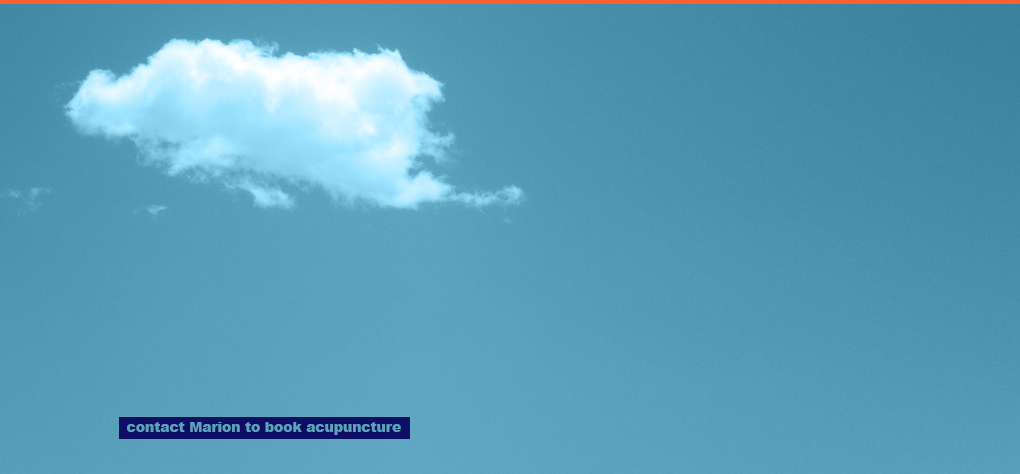
Often people come for acupuncture as a last resort thinking it would be 'too weird'. When they have experienced it they are pleasantly surprised that it was not painful or weird. More importantly they report that it reduced their symptoms, improved their sleep pattern and overall well-being.
A key advantage of acupuncture is that is not a drug. Therefore it is not something that will have side effects or interact with medication.
With most problems the sooner they are recognised and addressed the less deep rooted and easier they are to treat. Sometimes things resolve in one treatment. However, generally it is recommended to have a minimum of 3 treatments to get a sense of whether it is effective for you.
All acupuncture needles are single-use and incinerated afterwards. Therefore there is no risk of transmitting blood-borne diseases.
As a member of the British Acupuncture Council I adhere to their code of conduct and all your information is completely confidential.
Sessions may be cancelled 24 hours in advance. After that you will be charged for the full session.


Camberwell Community Acupuncture at Zen Yoga. Camberwell Grove. A low cost multi-bed clinic.
Tuesdays 3.15-6.15pm
Sliding scale between £20-40.
Union City therapies at Artworks
Elephant & Castle on a ad hoc basis £60

